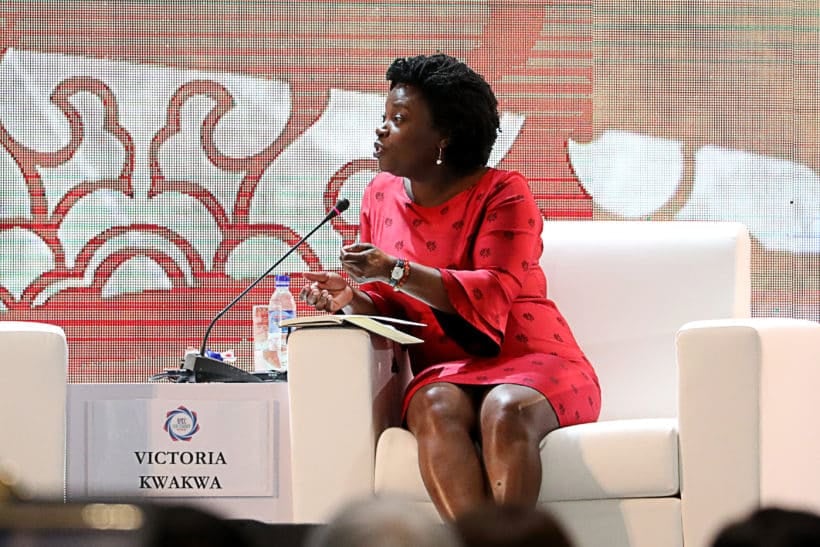
The World Bank says half of eastern and southern African countries are in debt distress, weighed down by the Covid-19 pandemic and the Ukraine/Russia war which have weakened government finances and stunted growth across the region forcing some to acquire expensive debt.
Victoria Kwakwa, the Bank’s Vice President for Eastern and Southern Africa told CNBC Africa 13 of the region’s 26 countries were technically in debt distress, meaning they were likely experiencing or were about to start being unable to meet repayments due to their creditors.
“The structure of the debt has changed and has become more expensive and that has made the countries more vulnerable to debt challenges,’’ Kwakwa said in an interview in Pretoria. “The composition has switched to being less concessional, being less multilateral broadly, being more private and also bilateral donors that are not all in the West. We are also trying to make sure that our own net flows are positive.”
Zambia became the first country post the pandemic to default on its debt and analysts say it could be followed by a number of other poor countries that have borrowed heavily in debt markets and from new lenders such as China. The country recently concluded a debt reform deal under the bank’s and the International Monetary Fund’s common framework under which all creditors and borrowers negotiate restructuring of the debt.
Kwakwa said the World Bank was working with regional governments to ensure acquired debt was used to generate growth and that it was affordable. Within the region, she cited Zambia, Malawi, Ethiopia and Mozambique as countries struggling with unsustainable debt piles.
The United Kingdom’s Guardian newspaper cites Debt Justice, which previously campaigned for debt cancellation of poor countries saying 12 percent of African government’s external debt is owed to Chinese lenders. It says half of 22 African countries with the highest debt owe more than 30 percent to private lenders, while only six owe the same levels to China. “All of us have to do more,’’ Kwakwa said in response to a question on whether the World Bank and other institutions need to provide further help to the continent. But “… it’s also a question of what resources that are borrowed are being used for and also if there are terms that are reasonably affordable. I think those two issues need to be looked at.’’

